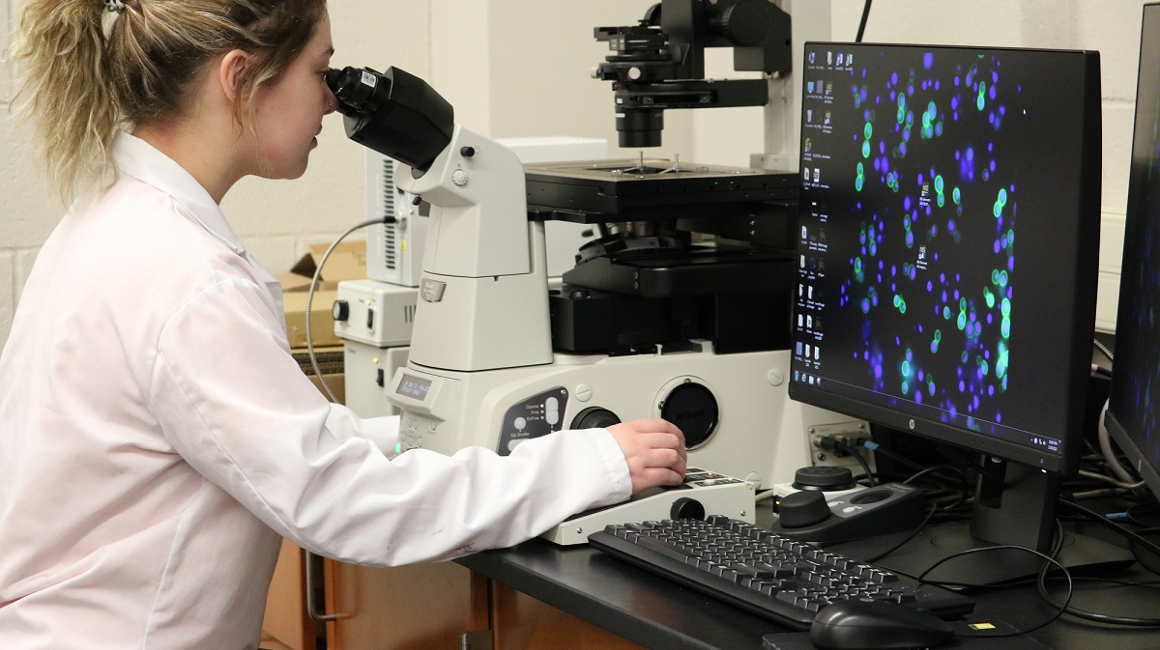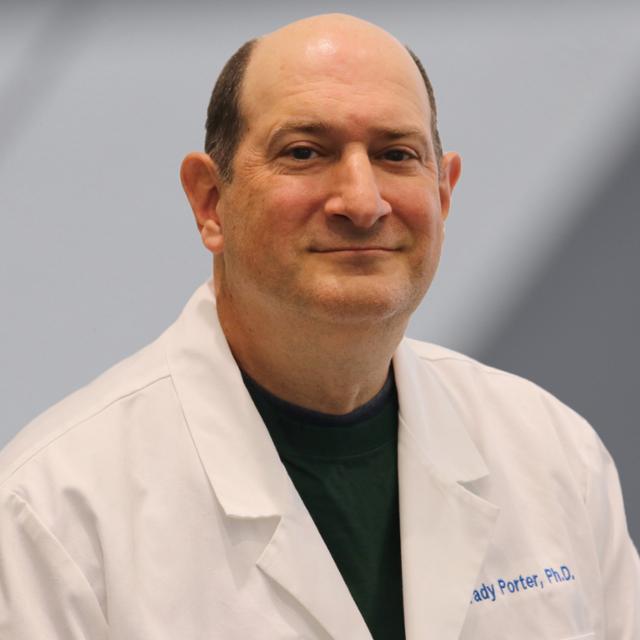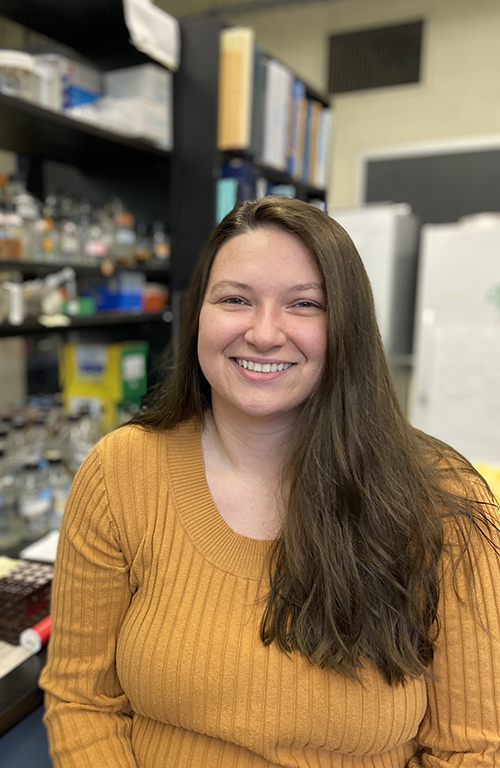Research Opportunities
If you're a student interested in biological sciences, you'll be happy to know that our department has 14 research faculty, each with a fully equipped lab. Our faculty also receive support from various federal and private organizations, like the National Science Foundation, the National Institutes of Health, and the Gates Foundation, to name a few.
In addition to individual faculty labs, we also offer shared facilities that include a microscopy suite, a sequencing and genomic analyses suite, cell culture facilities, and various other modern molecular instruments including microplate readers and high-resolution imagers. These resources are available for collaborative research involving students.
Our recently-renovated teaching labs create an interactive and collaborative environment for hands-on laboratory experiences, complementing classroom teaching. As a student, you can also participate in exciting faculty-led projects in one or more of the research areas below.
If you're interested in studying genomes, cells, and the molecules that regulate their
functions, you might explore Cell and Molecular Biology or Genomics. This area of
study covers topics like, cell signaling, organelle function, metabolism, and the
regulation of gene expression. It's especially relevant if you're considering a career
in medicine, genetic counseling, or basic research. If you're passionate about exploring population dynamics, evolution, ecology, and
species conservation, this field could be an ideal fit for you. It is especially relevant
for those pursuing careers in zoology, ecology, conservation biology, population genetics,
or fundamental research. If you're fascinated by microorganisms and their biology, ecology, and evolution,
you might be interested in studying this field. It also covers mechanisms of pathogenesis
in infectious diseases which are relevant to careers in epidemiology, medicine, healthcare,
ecology, or basic research. If you're interested in studying the physiology, endocrinology, developmental biology,
or neurobiology of different species, including humans, this field might interest
you. It's particularly relevant if you're considering a career in medicine, healthcare,
or basic research.
Cell and Molecular Biology
Ecology and Evolutionary Biology
Microbial Biology
Physiology and Organismal Biology
















